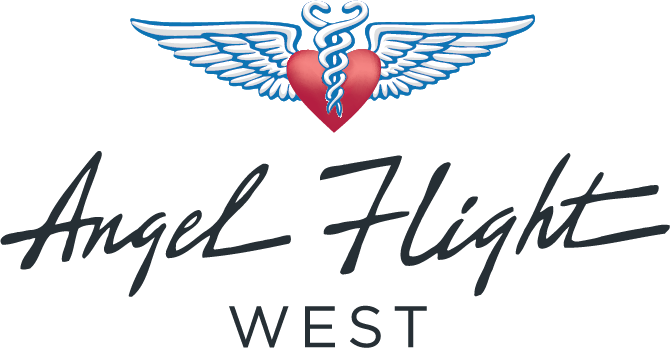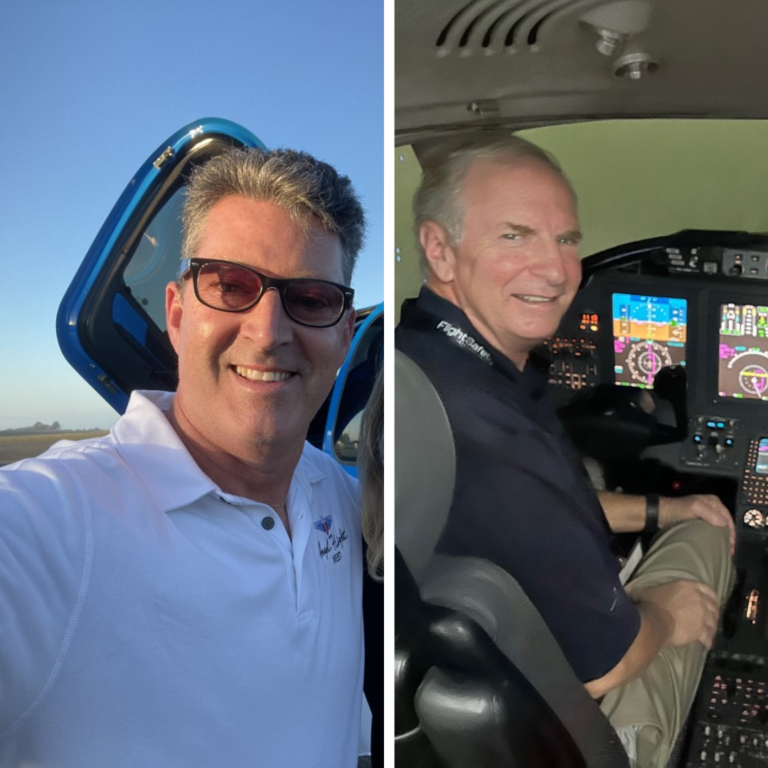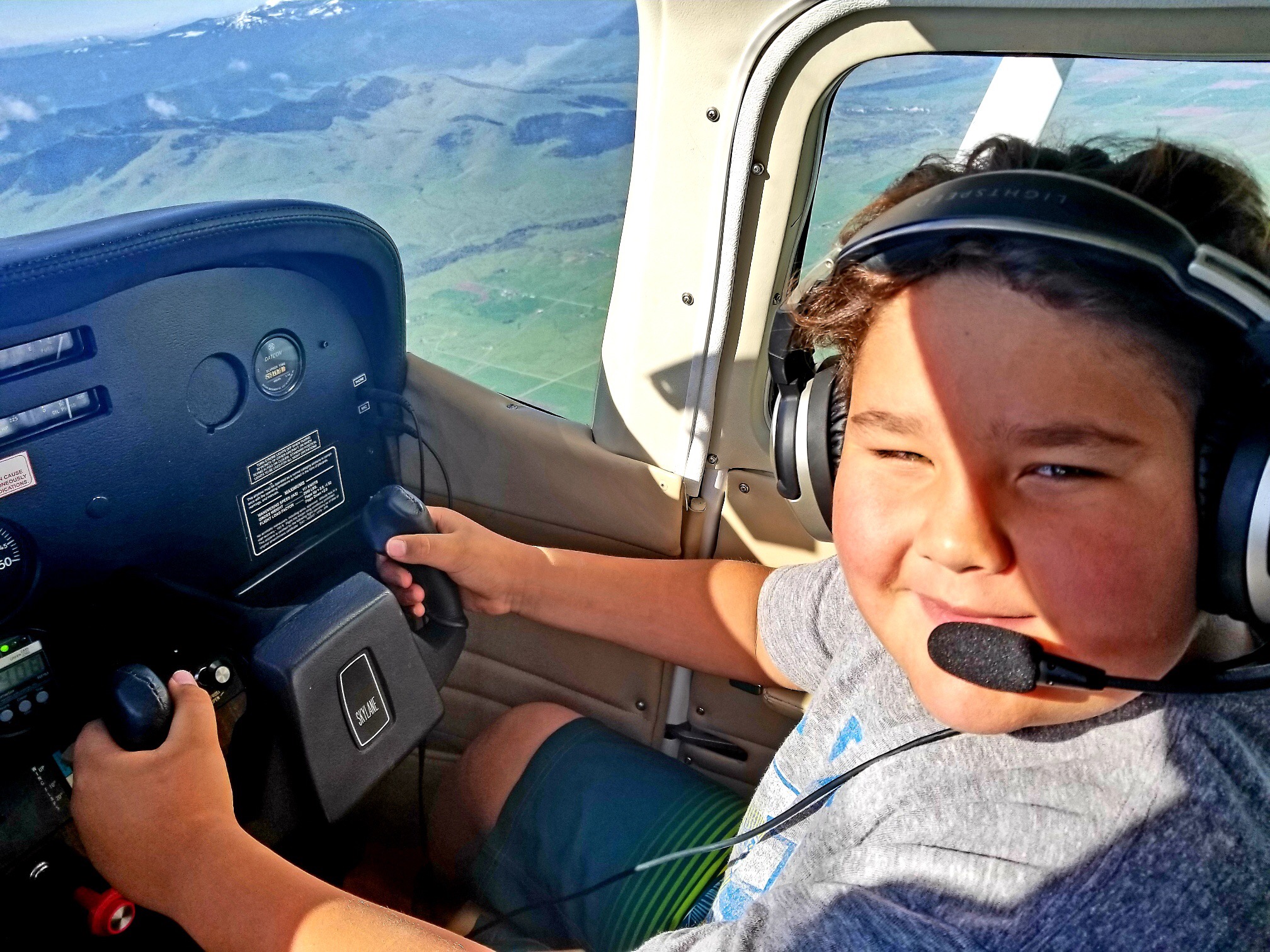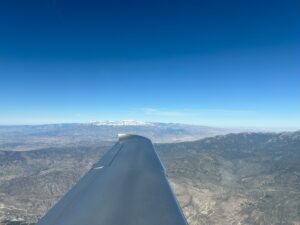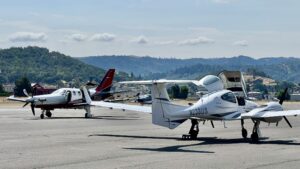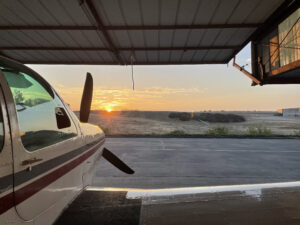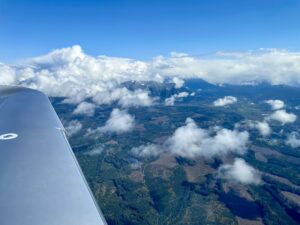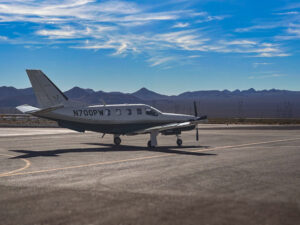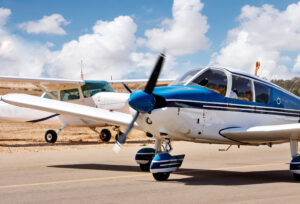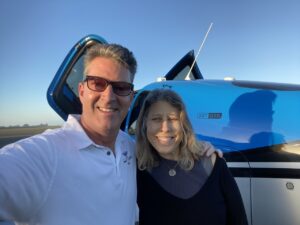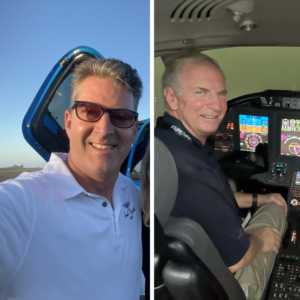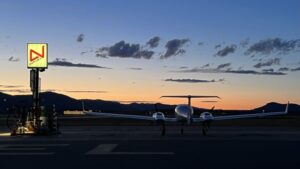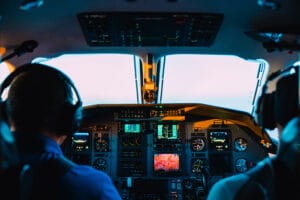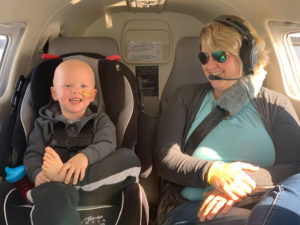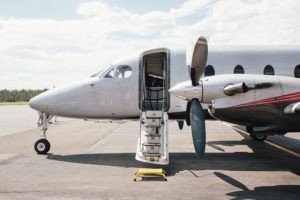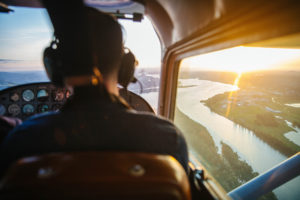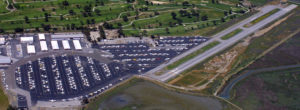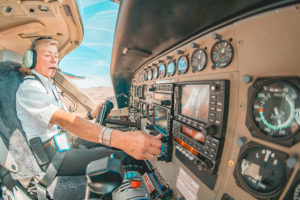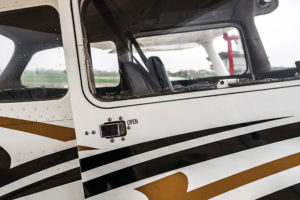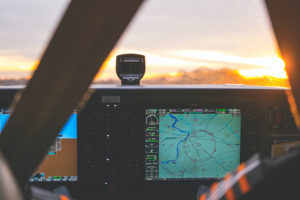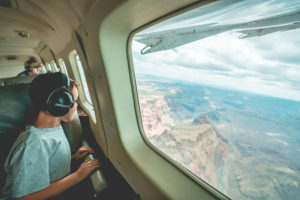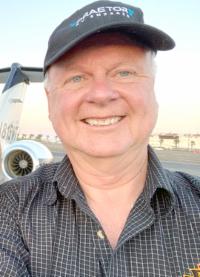Before touching upon the safety subject, I would like to profoundly thank Josh Olson, our former Executive Director of Angel Flight West. Josh, as you know, has taken a position with AOPA and his leadership and commitment will be dearly missed. Thank you, Josh, for the years of selfless service to so many and our best wishes to all your future endeavors. Concurrently, I would also like to thank Mary Hunter for stepping up to the role of Executive Director. Mary is no stranger to AFW, having served as AFW’s Development Director for eight years. The safety structure and I are delighted to continue working with Mary and benefiting from her experience and commitment. We are all in good hands!
A few weeks ago, we received an email from Josh highlighting a new initiative from AOPA, specifically, the 2025 National Pause for GA Safety. I am attaching a link to the respective website. It also includes an open letter to all pilots with a QR code for a further “deep dive” into this initiative.
So, I thought that this would be a great opportunity to capitalize on this initiative, promote it and if I may say, expand on it, as our safety subject for the month. What Josh communicated to us was that the intent of this initiative is to encourage pilots to take at least 15-60 minutes that month and for the remainder of the year to do something focusing on safety. Let’s do more than that!
Most aviation organizations, airlines and the military engage annually in a very elaborate process typically referred to as a ‘Safety Stand-down”. It is usually a combination of seminars, briefings and training events, all designed to enhance safety, safety awareness and mitigate complacency. It is a “reset” if you will with the sole purpose of reinforcing the desire and intent of placing safety at the very top of any Flight Operations related activity. I believe that this AOPA initiative has the same goal. If you get a chance to peruse the website, you will see that you can choose your own personal method of focusing on safety.
So, how can we as individual GA pilots and not part of a large organization participate and/or generate our very own “Safety Stand-down” in an entirely voluntary fashion? And, what would that look like? While this is obviously up to your own discretion, an idea came to me while I was sitting and waiting for maintenance to be completed on my airplane. The service center is at a small non-towered airport and I was in the small (non-fancy) lounge. I was making myself small and quiet, as at the table next to me there was the oral portion of a helicopter private pilot check ride being conducted. About thirty minutes later, when they were taking a break, the FAA examiner asked me: “what certificate are you working on”? I assume he asked me that because there are multiple flight schools located at the field, and we are in the common lounge. I explained why I was there, but it dawned on me that I was effectively done with certificates. So, does that mean that in the GA world I am done with evaluations, assessments and training? I’ll get back to that.
I am currently going through recurrent training at my professional aviation job. I can say with certainty that while all of us benefit and appreciate the challenge of recurrent training and evaluation, we also all unequivocally cannot wait to place the training center in our rear-view mirrors and say that we are done for another nine months! Without exception, every time I go through training and a check ride, I learn something new and extremely valuable. Every time! While being evaluated by a professional “stranger” might not be the most “fun” experience, we all know that it is a paramount requirement to enhancing safety.
Now getting back to the GA world. My insurance does not require check rides, I stay instrument current, and my Part 121 check rides count as Flight Reviews. So, while I am still employed, I effectively never have to have any assessments or training in my single engine piston. I suspect that there are a lot of you in the same situation. And if you do need a Flight Review, maybe you have a friend who’s a CFI and you give each other Reviews every two years. I certainly have lots of good friends that can fill that role. I am not saying that our friends are not objective professionals that can call balls and strikes, but are we really stepping out of our comfort zones with the intent to truly improve ourselves?
So, how about this being our very own “Safety Stand-down”. Let’s step out of our world of familiarity and comfort and pursue a challenge. A new certificate, some training flights, or a Flight review, or IPC with a well-known professional CFI/II that maybe intimidates us a little bit and that we don’t know well personally. Once my schedule permits, I vow to pursue that myself. I know that I will make mistakes, maybe even embarrass myself a little, but I also know without any doubt that I will learn new things. Maybe even break some bad habits that have gone unchecked for quite a while. I will certainly grow.
Therefore, my suggestion and challenge to all of us and most certainly myself included, is to go out there and voluntarily engage in additional training and assessment and evaluation in 2025. I promise that we will not regret it. It will have a monetary deficit, but it will be an investment in safety that will pay dividends to perpetuity. And let’s all share these training stories with each other as the year progresses. I would love to hear from you.
The famous Chinese philosopher Lao Tau said:
“Men are born soft and supple; dead they are stiff and hard. Plants are born tender and pliant; dead, they are brittle and dry. Thus, whoever is stiff and inflexible is a disciple of death. Whoever is soft and yielding is a disciple of life.”
Forgive me for getting all philosophical and esoteric on you, but for the interest of safety let’s all vow to be soft and yielding and embrace some challenging new training. Personally, I hope to never be a person who says: “I am an old dog that can’t learn new tricks”.
I am truly looking forward to us sharing our challenge stories.
For the next forum/town hall, I would also like to discuss the process and advantages of the NASA ASRS program. I am attaching my article from about a year ago for your consideration.
Thank you very much for your attention and your continued engagement in aviation safety.
In safety,
Alexi Stavropoulos
AFW Safety Officer
